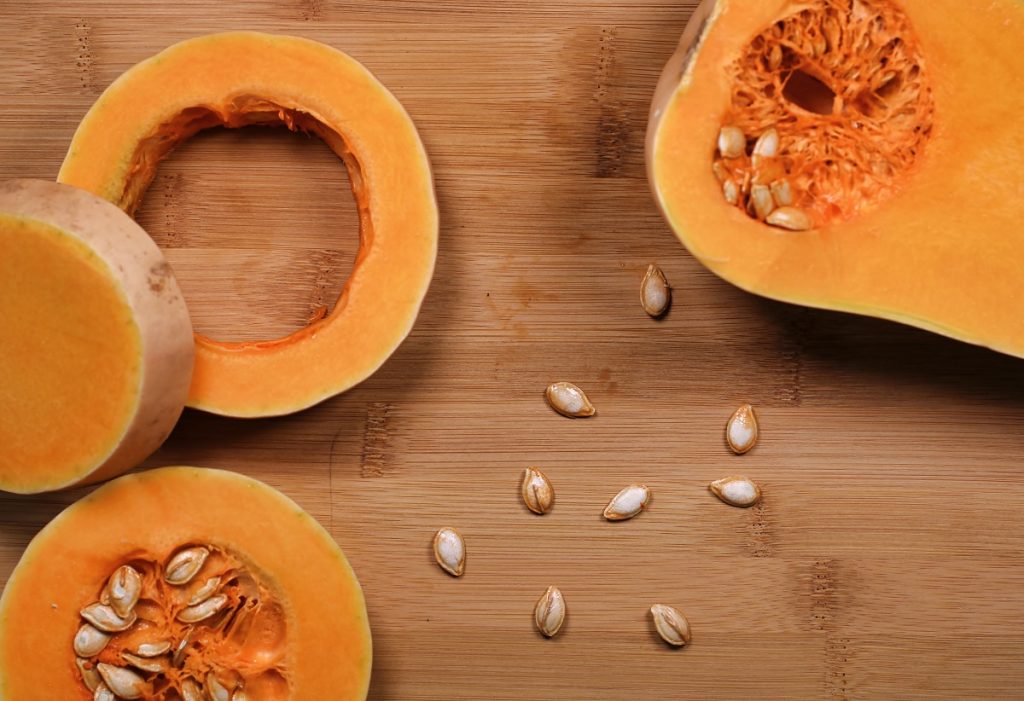The power of pumpkin! Halloween is coming every year; in addition to eating candy, you can also try pumpkin dinner, which is beautiful, delicious, and healthy.

New York, NY (Merxwire) – Autumn is the pumpkin harvest season. In addition to being used as holiday decorations, giant pumpkins can be transformed into delicacies and become the protagonists of Halloween dinners. We all know that pumpkin is a very healthy food. It is easy to grow and cheap, but also rich in antioxidants and vitamins. But the benefits of pumpkin don’t stop there. Now, scientists have shown that eating pumpkin can increase heart health and reduce the risk of cancer.
Here are five healthy reasons to eat pumpkin this fall and start enjoying the pumpkin feast!
1. Weight control
Pumpkin contains 94% water, is low in calories, and is rich in dietary fiber. It is one of the high-quality sources of starch during weight loss. Not only can it increase satiety, but it can also reduce caloric intake. However, people with kidney problems should eat it in moderation because pumpkin contains high potassium and should not be eaten excessively.
2. Reduce the risk of cancer
Pumpkin contains antioxidants such as alpha-carotene, beta-carotene, and beta-cryptoxanthin. They neutralize free radicals and prevent cell damage. Vitamins A, E, C, iron, and folate help strengthen the immune system. Studies have found that people who consume higher proportions of carotene and beta-carotene have much lower rates of stomach, throat, pancreatic, and breast cancer.
3. Protect eyes
The carotenes and vitamin A in pumpkin help maintain good vision and eye health, while lutein and zeaxanthin reduce the risk of macular degeneration and cataracts.
4. Good for heart health
The fiber, potassium, and antioxidants in pumpkin may promote heart health by regulating blood pressure and reducing the risk of heart disease. Among them, potassium is the key to protecting the heart. Research shows that people with higher potassium intake have lower blood pressure and a lower risk of stroke. Additionally, the fiber content in pumpkin can also help lower cholesterol levels and promote overall cardiovascular health.
5. Stabilize blood sugar
Pumpkin seeds are one of the best natural sources of magnesium. Healthy magnesium levels are essential for blood pressure, blood sugar, and heart and bone health. Animal studies have shown that pumpkin, pumpkin seeds, pumpkin seed powder, and pumpkin juice can delay the rise in blood sugar and help regulate blood sugar. If you have blood sugar problems, try using pumpkin in moderation instead of refined white rice as your staple food to slow down the rise in blood sugar after meals.
Pumpkin, rich in nutrients, is a frequent guest on the table. Whether cooked, grilled, or ground into a bowl of delicious pumpkin soup, it can add points to the eater’s health. However, it should be noted that pumpkins should not be eaten raw. Generally speaking, to ensure food safety and maximize the absorption of nutrients, it is recommended to cook the pumpkin to ensure that it is fully cooked before eating.






